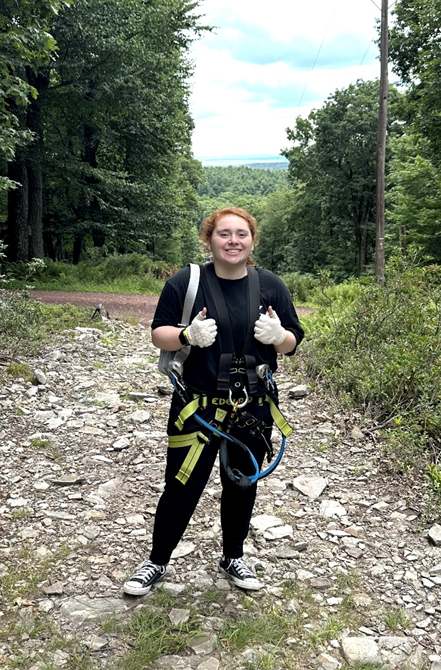Before I began my research, I had a strong belief that vocational training was needed in secondary schools and should be reimplemented. I developed this belief from my own experience in schooling growing up, as I only ever received classes that were heavily based on academics.
I used to hear stories from my relatives about their experiences in vocational classes, such as crafting furniture or rewiring a light switch, and truly I felt overlooked in my educational pursuit. While they all learned life skills that they still utilize to this day, I only learned how to properly write essays and how to multiply matrices, which may help me in higher education courses, but never in real-life, everyday experiences. I found myself wishing that I had some classes that would teach me skills that could be transferred to my outside life other than academics, hence, becoming a strong supporter of vocational education.
However, once I truly looked into the history and ideology behind vocational education, I quickly realized that this would not be the best course for secondary education institutions to go down. Instead of opening opportunities for students like I had envisioned, it instead limited students immensely, discriminated against certain people, and only had the intention of benefiting the economy rather than the students themselves.
For example, only poor, minority students would be primarily placed in these vocational classes, while the more privileged students would be placed in academic courses that could lead to higher education paths. The students left in these vocational classes would then be bound to the specific career type with little to no ability to move to another career type or chance of obtaining a high-paying job.
Because of this, I now became opposed to reestablishing vocational education in high schools and understood why there was such a movement to remove it from secondary schools.
On the other hand, Career and Technical Education (CTE) quickly caught my eye. It is the perfect balance of academic education and vocational education, as students are expected to take basic academics that will give them the opportunity to attend a higher educational facility, but it also expects students to learn specific skills. Instead of these skills being non-transferable, students in CTE education learn skills that pertain to a specific career cluster, meaning they have a multitude of career path options when exiting college. Students who participate in this type of education also receive certifications in many fields that will allow them to obtain a job straight out of high school if they wish.
The project could be developed further by finding students that received each type of education, academic, vocational, and CTE, and collect research on them. It would be interesting to see what opportunities each student received after high school, what skills they left with, how much money they receive from their jobs, if they attended a higher education, what their opinions are, and much more. With this information, I would be able to either solidify my belief that CTE is the best education type, or possibly even be thrown for another loop in my beliefs.

No comments:
Post a Comment